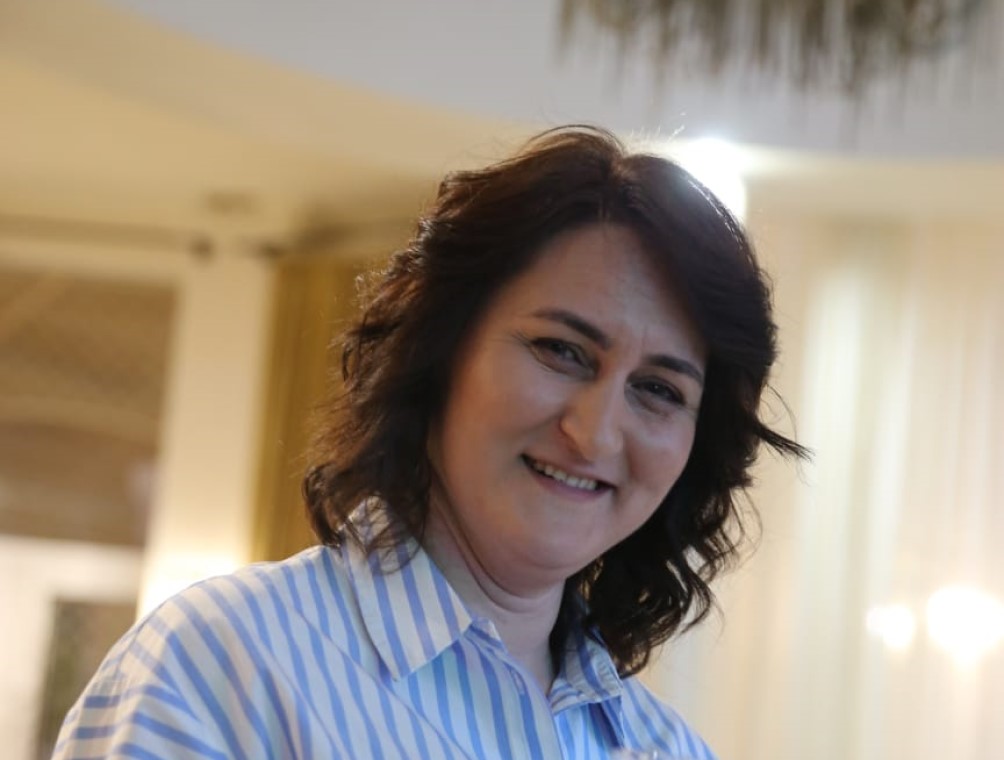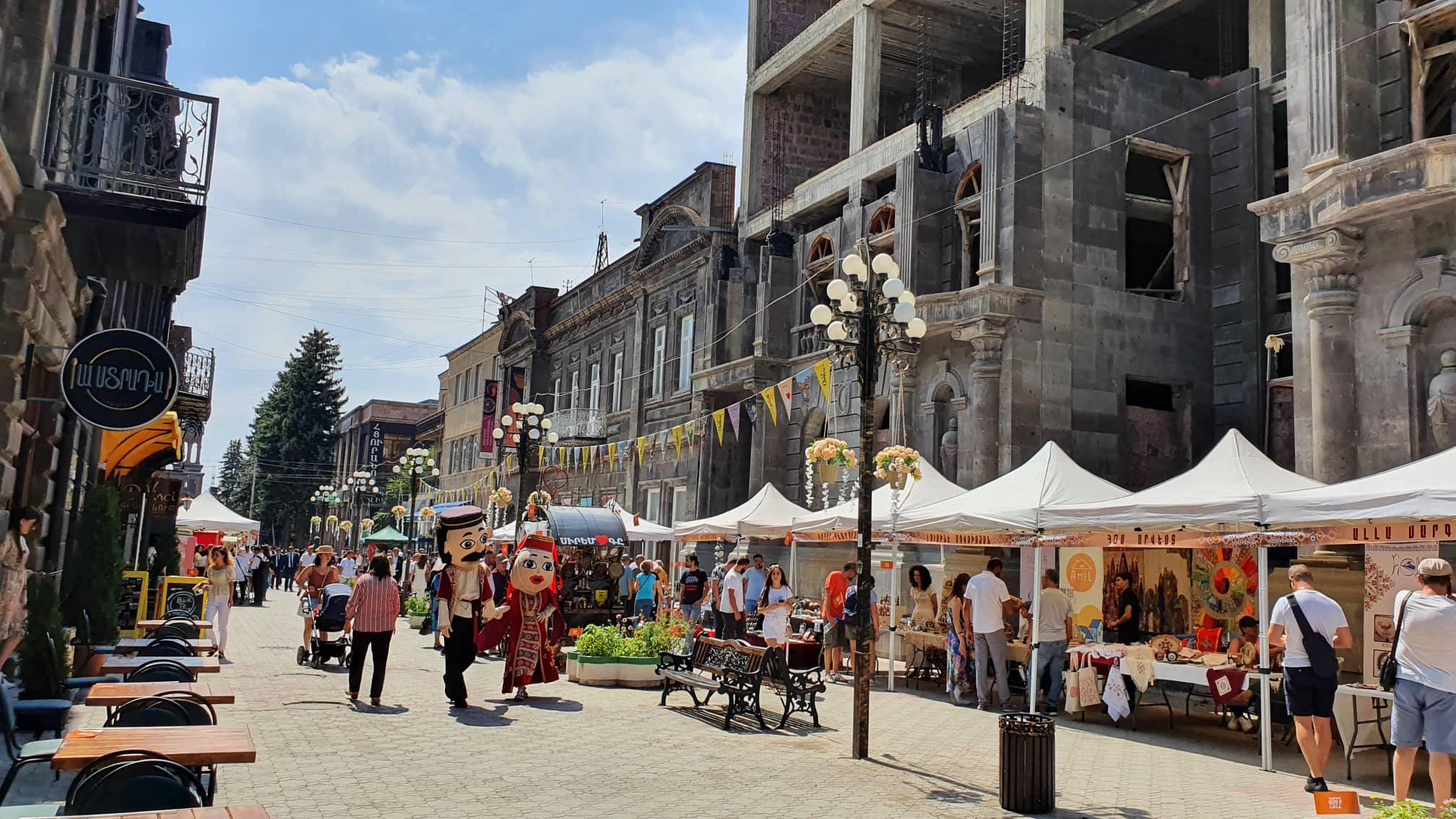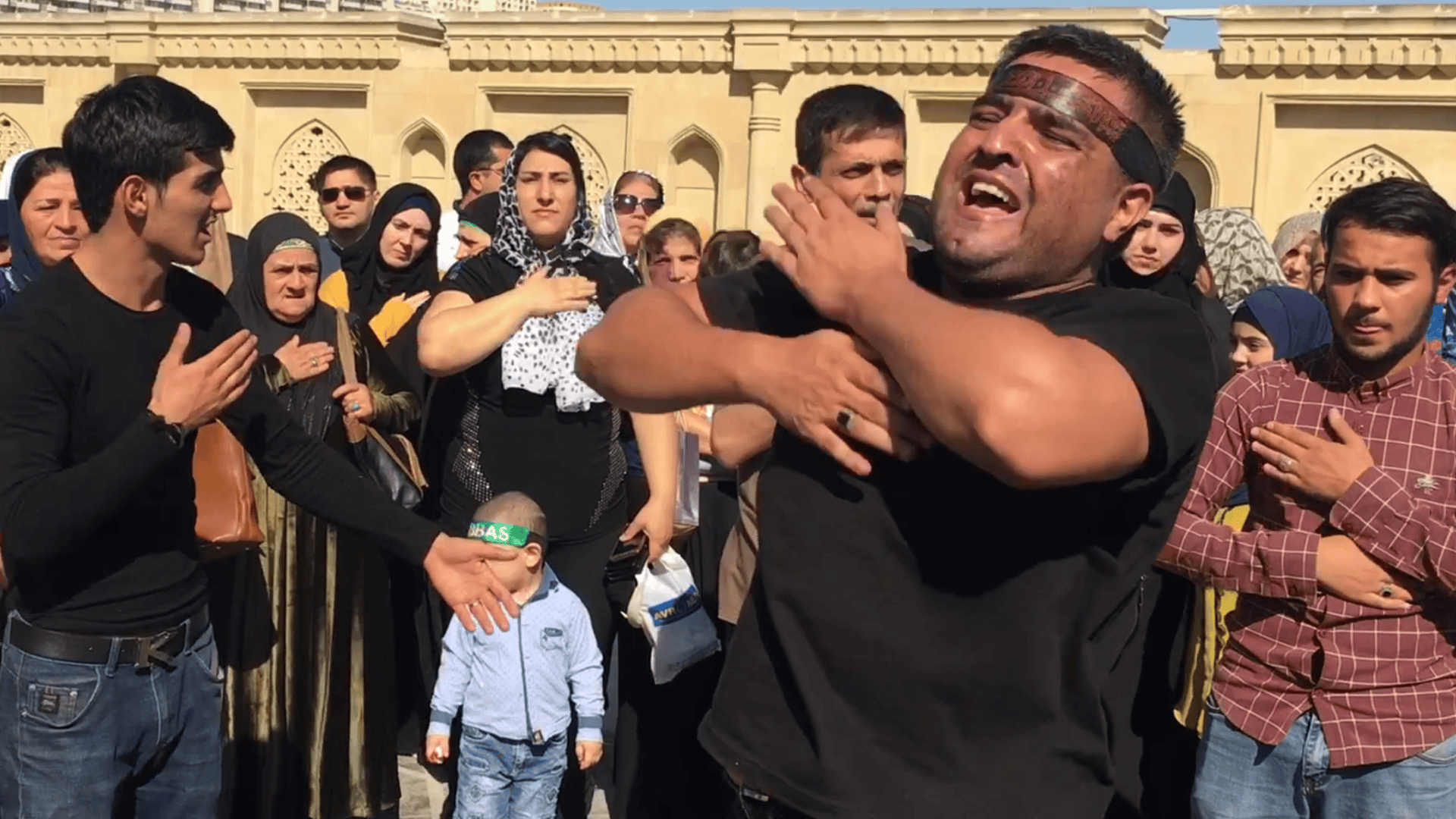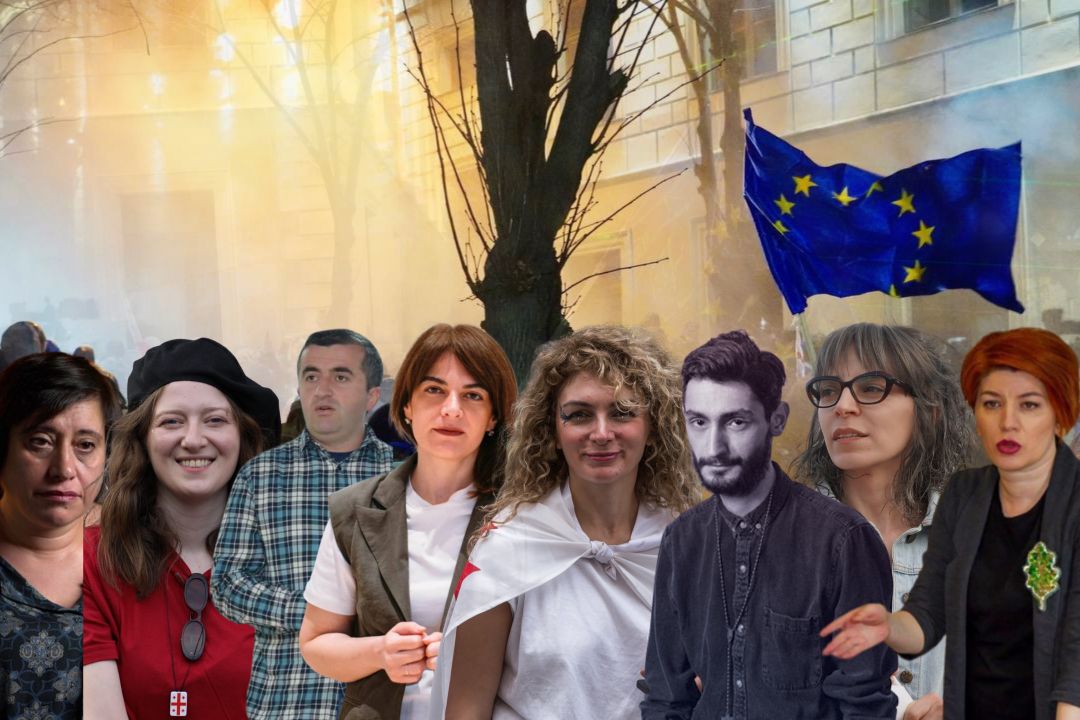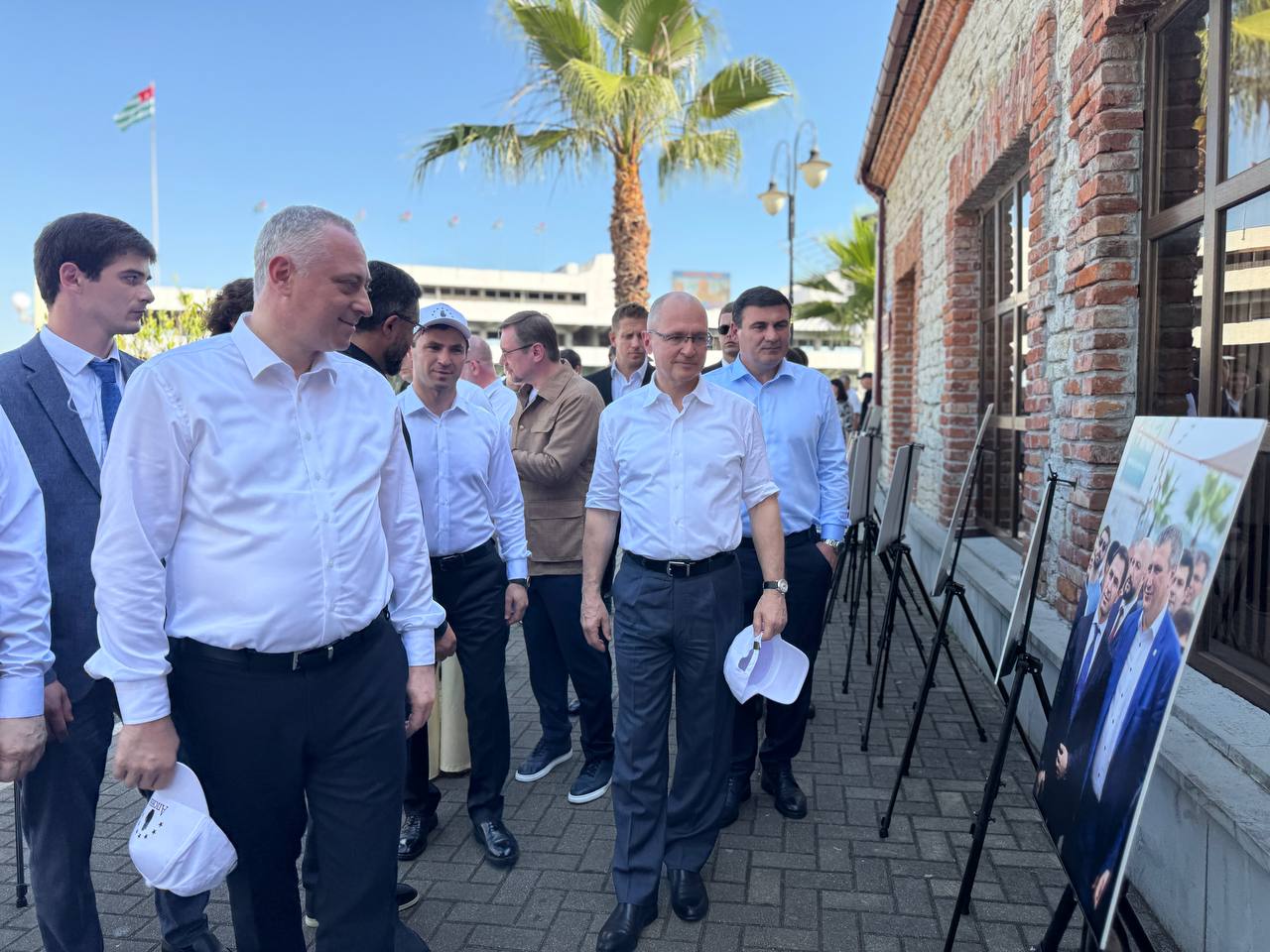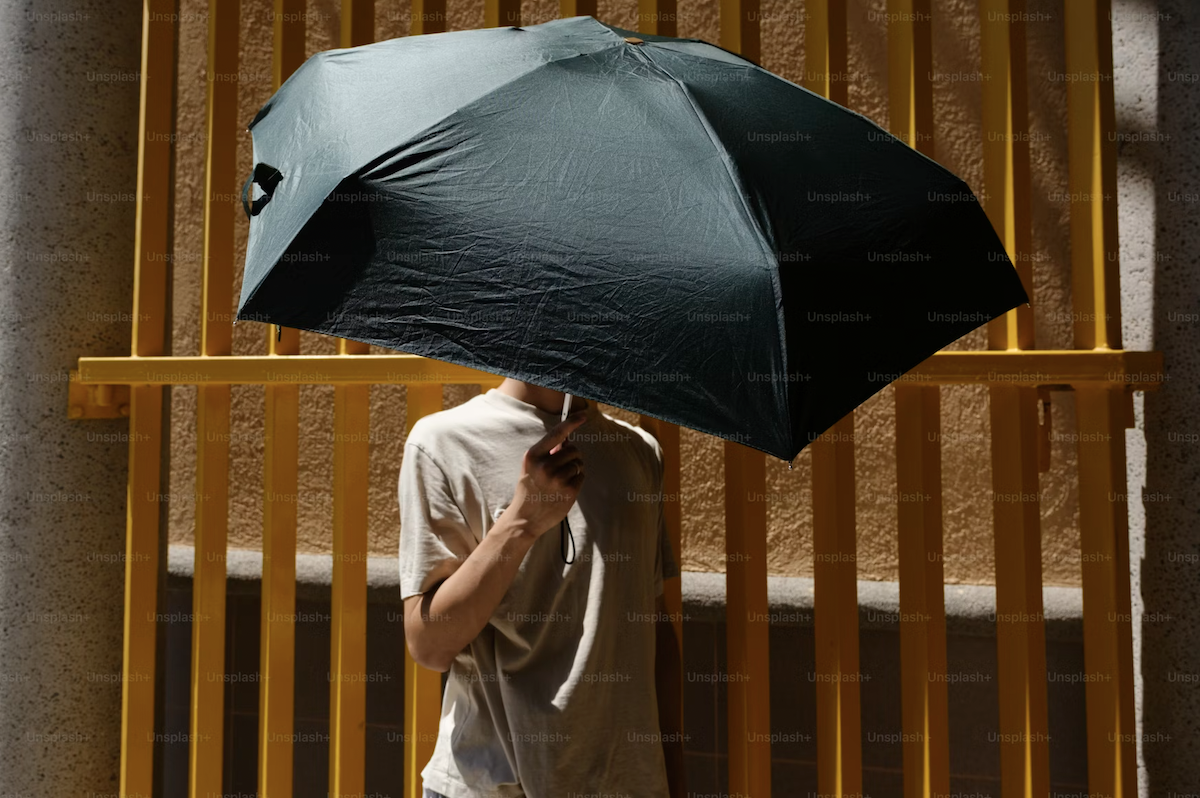Share














Most read
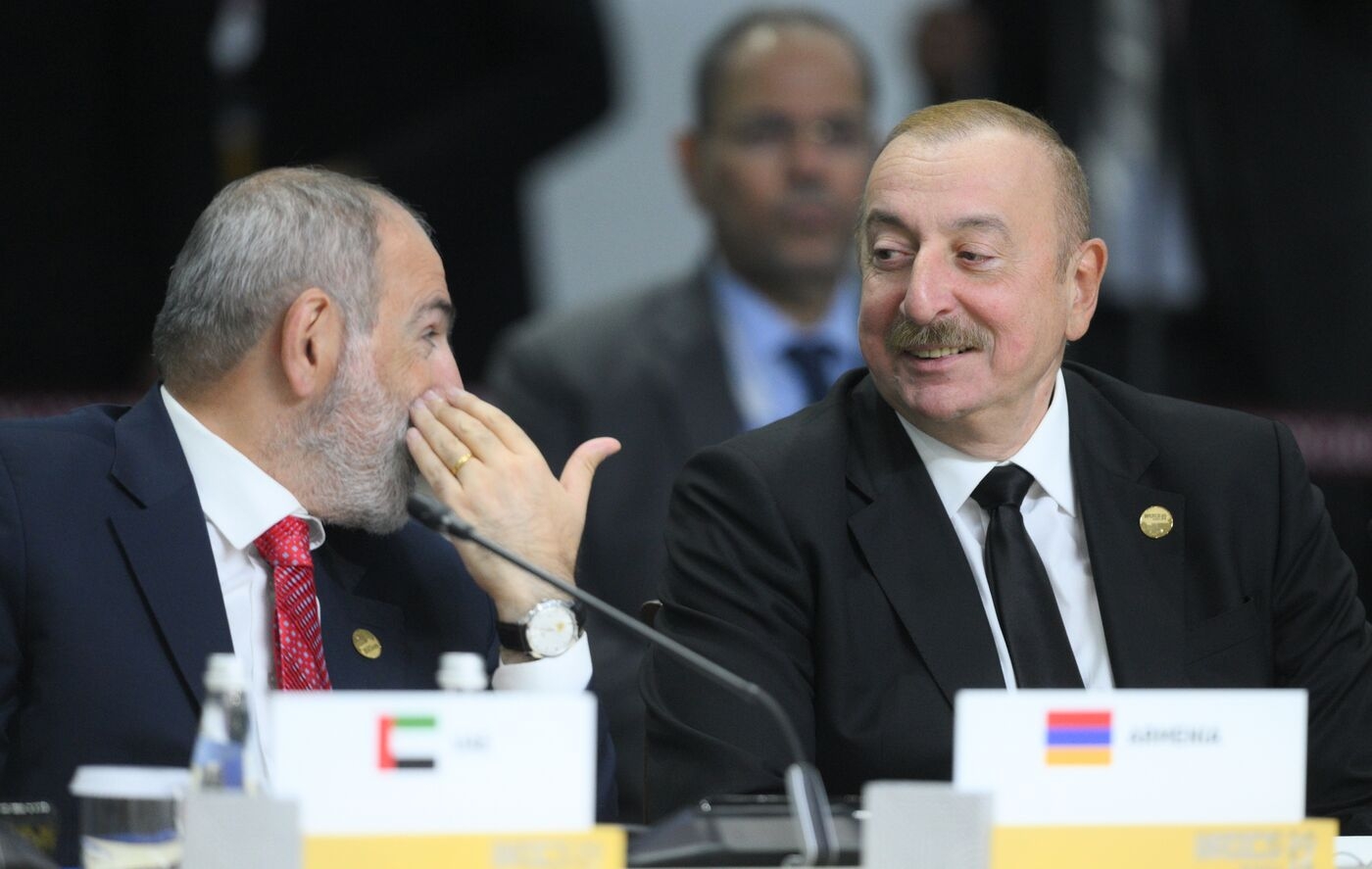
Meeting in Abu Dhabi: how close are Azerbaijan and Armenia to peace without Russia's involvement?
Top stories in Azerbaijan, Armenia, and Georgia from 7-11 July, 2025
"Nationalization of Armenia’s electric networks would collapse Russian influence": Opinion
“Baku weighing U.S. proposal”: Pashinyan-Aliyev talks in Abu Dhabi
“Silence the enemy’s voice”: Protesters in Armenia demand shutdown of Russian TV channels
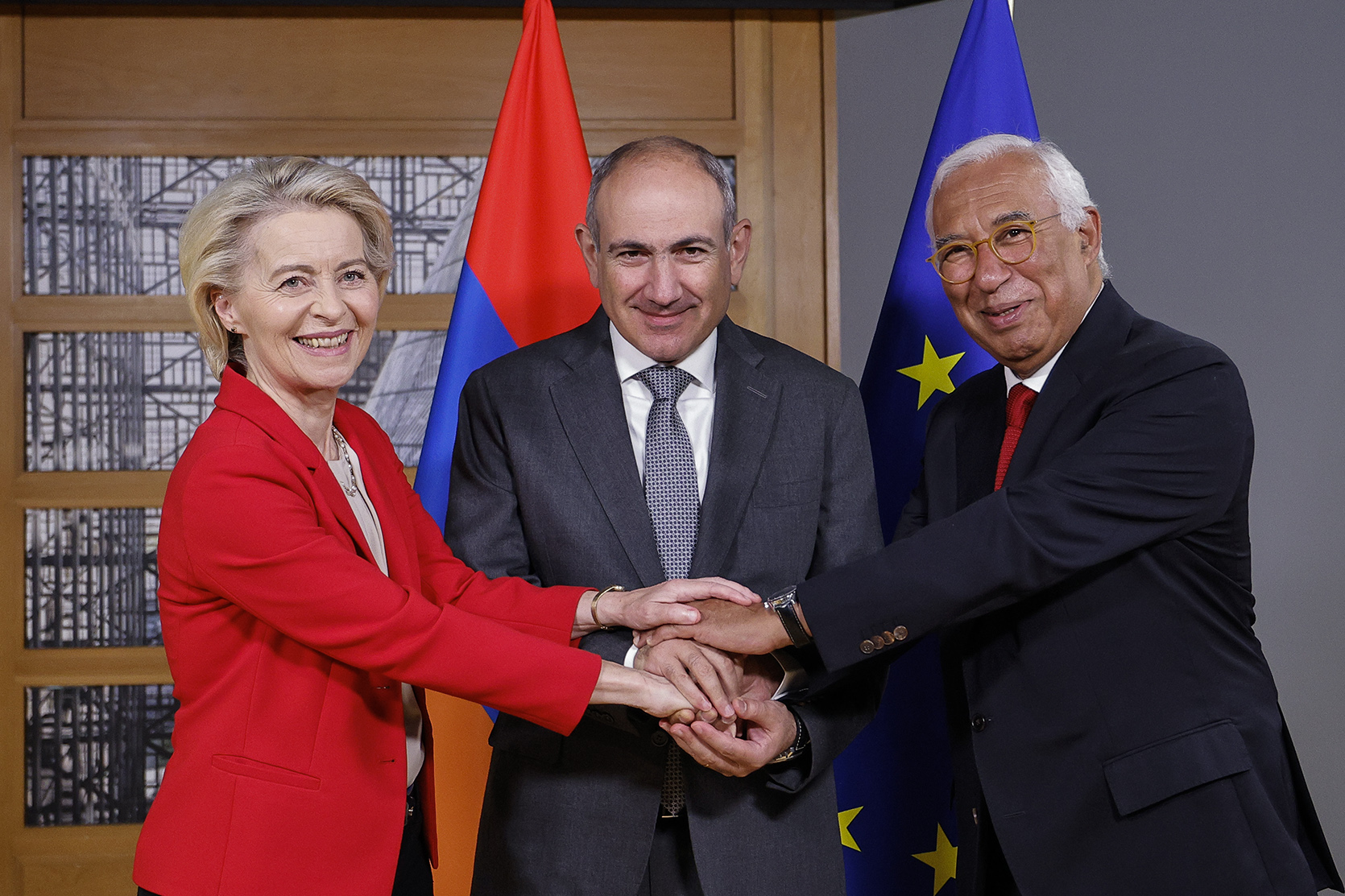
EU investments in Armenia to reach €2.5 billion: meeting in Brussels
Why was the journalist’s lawsuit against Abkhazia’s security service moved behind closed doors? Opinion
Latest news in Georgia, Armenia, Azerbaijan, summary. Live
€120 million tourism boost: Armenia launches joint project with EBRD
Armenia’s battle with plastic bags: progress or plastic illusion?




